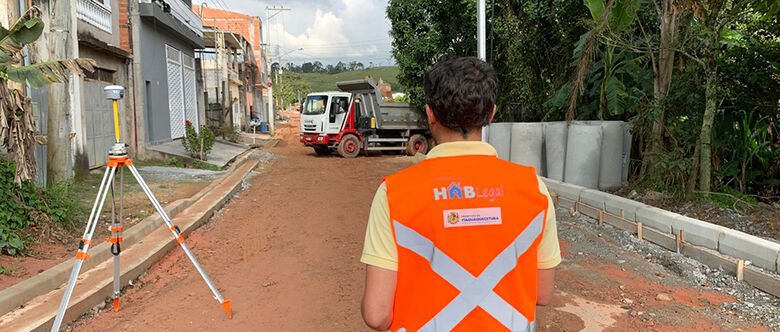
Urban Land Regularization Program in irregular areas in Santa Izabel do Pará (PA)
Urban development, tax increase, expansion in the implementation of public policies and increase in the quality of life of residents in these areas.

Dialogues with Brazil.
August 28 to September 1 2023, Berlin, Germany
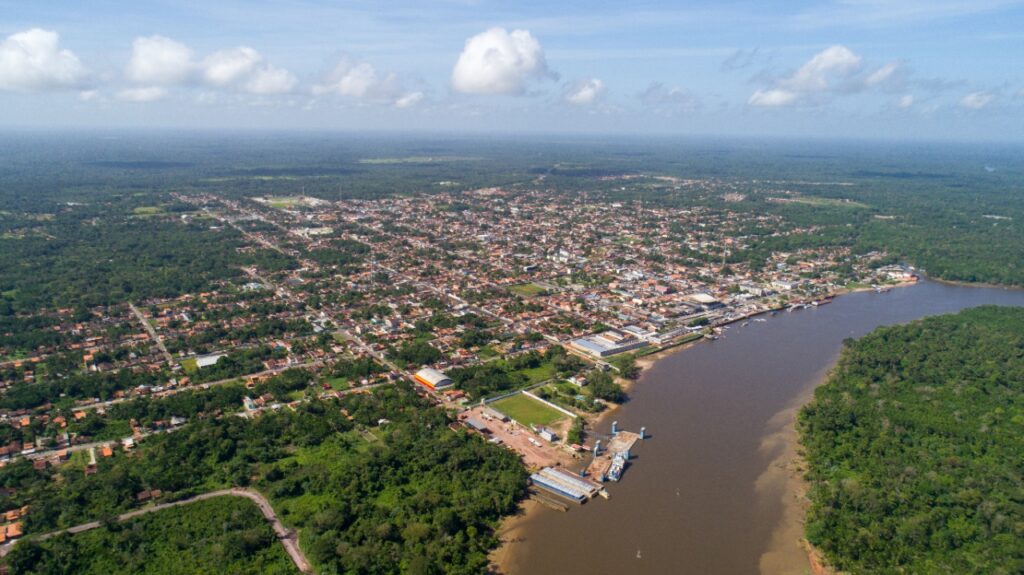
Nature-based solutions with a focus on health (ex. heat stress, disaster risk reduction, food security, other)
Impacts from climate change (flooding, heat stress, air and water quality, other)
Barcarena is a coastal city in the Brazilian Amazon, its economy is linked to port and industrial activity (mining) that constantly attracts migrants in search of employment. These people end up creating informal settlements, with inadequate housing in risk areas, being subject to heat islands, chemical disasters, flooding, etc. The local government intends to implement an DRR and resilience strategy, aligned with the 2030 Agenda, NUA, Sendai Framework, Paris Agreement, prioritizing the safety and inclusion of people in vulnerable situations who live in these risky and unsuitable areas (which corresponds to more than 50% of the population).
In 2022, the City Hall launched the Roadmap ‘Making Barcarena a resilient city’, which:
• It presents a brief history of the institutionalization of global agendas in government planning (MDG from 2013 to 2015; Agenda 2030 from 2016 onwards).
• Some of the ongoing public policies related to climate change adaptation and mitigation.
• It lists the goals assumed by the government along with international commitments. How to ‘promote access to safe, inclusive, accessible and green public areas, in particular for women, children, the elderly and people with disabilities’ within the framework of the Trees in Cities Challenge promoted by UNECE.
This goal is related to the axes ‘Places and spaces for children and young people to develop health and well-being’ and ‘Places and spaces for the elderly to improve their health and well-being’
• Highlights the need to institutionalize the NAU, the Sendai Framework and the Paris Agreement as guidelines for the elaboration of the city’s DRR and Resilience strategy.
The roadmap also highlights that the main product of this strategy must be a sustainable urban development plan that has as its priority public people (of all age groups) in a situation of socioeconomic vulnerability, who live in inadequate housing located in risk areas.
Considering that the strategy unfolds in sectorial plans, the learning acquired in this event would be extremely valuable for the municipality, as it can be incorporated into the sectoral plans under preparation.

Urban development, tax increase, expansion in the implementation of public policies and increase in the quality of life of residents in these areas.
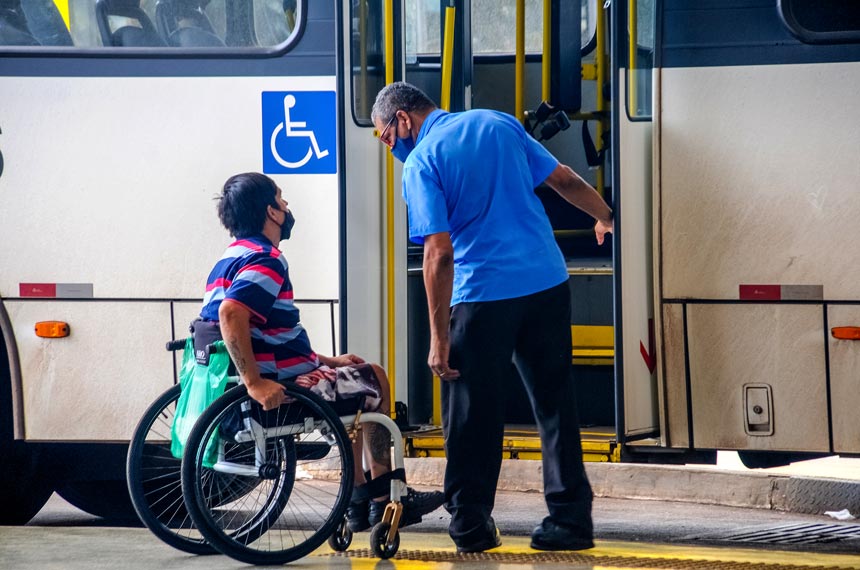
Improve the accessibility and sustainability of public transportation in Brasília (implementation of adequate infrastructure for people with reduced mobility, promotion of the use of electric or low carbon emission vehicles, and awareness about the benefits of public transportation and its importance for environmental sustainability).
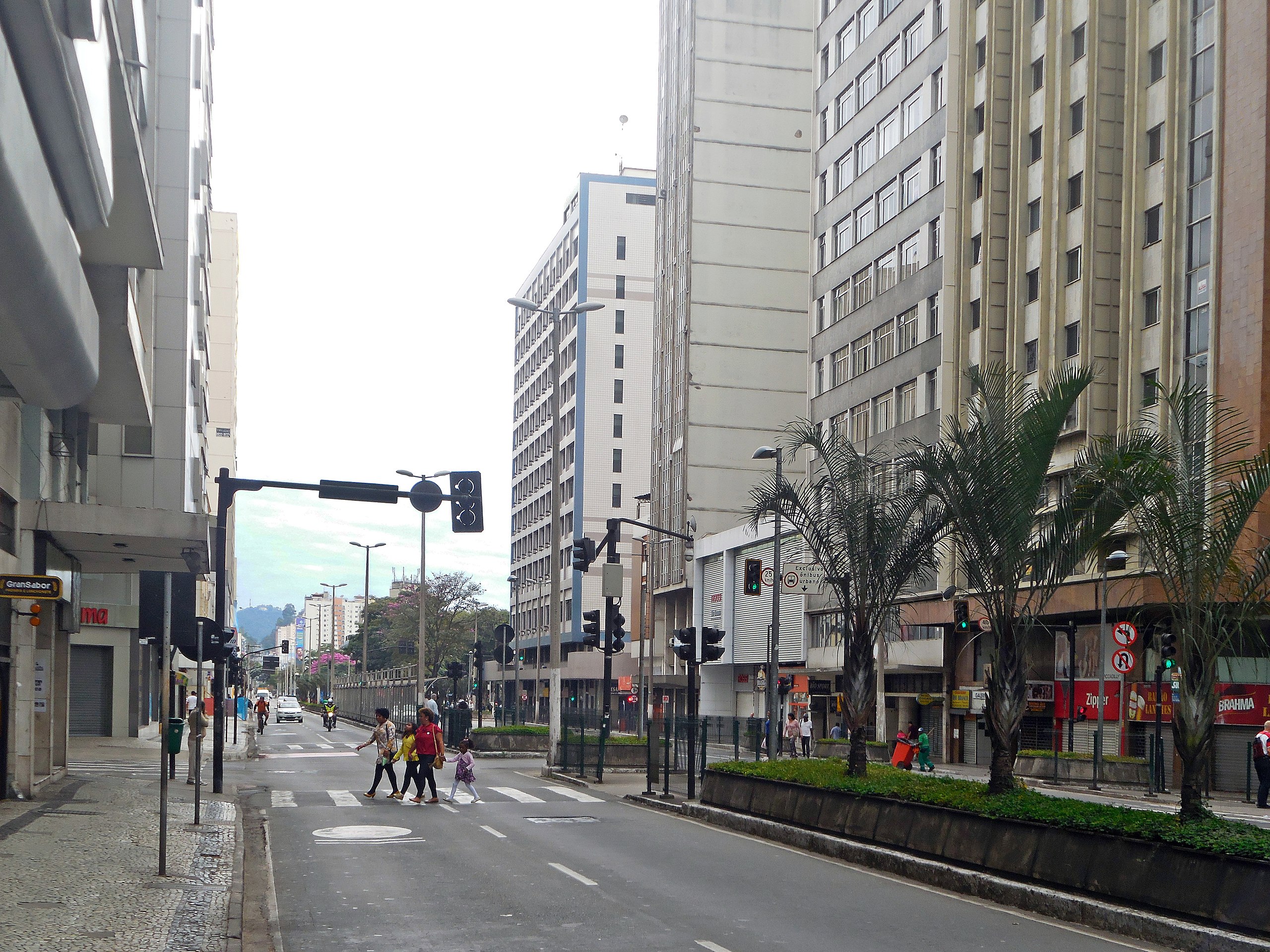
Public space and street physical access to vulnerable groups (children, pregnant women, older adults, peoplewith dissabilities, adults at risk, other)
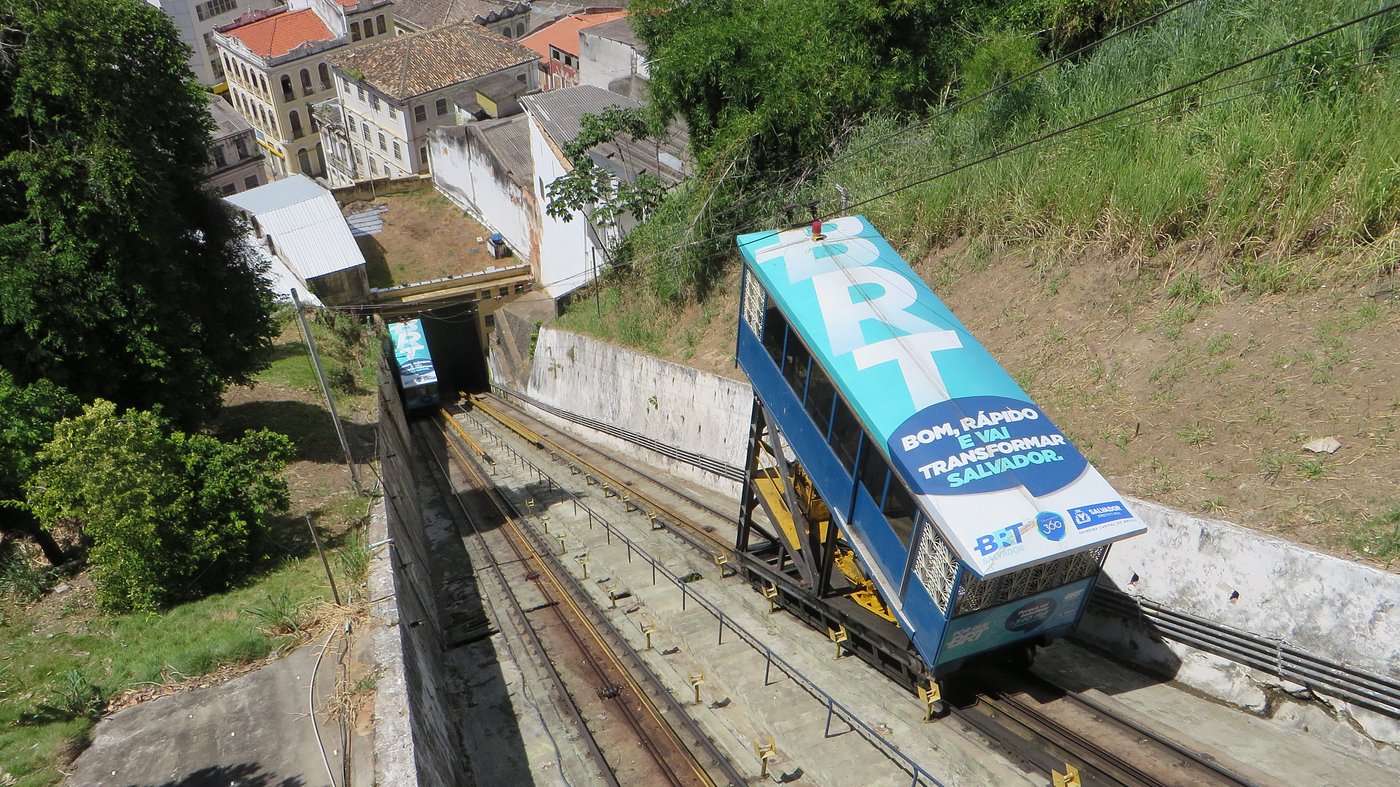
Social inclusion, improvement of quality of life, growth of income by acessing more jobs and connecting marginalized areas with formal city.
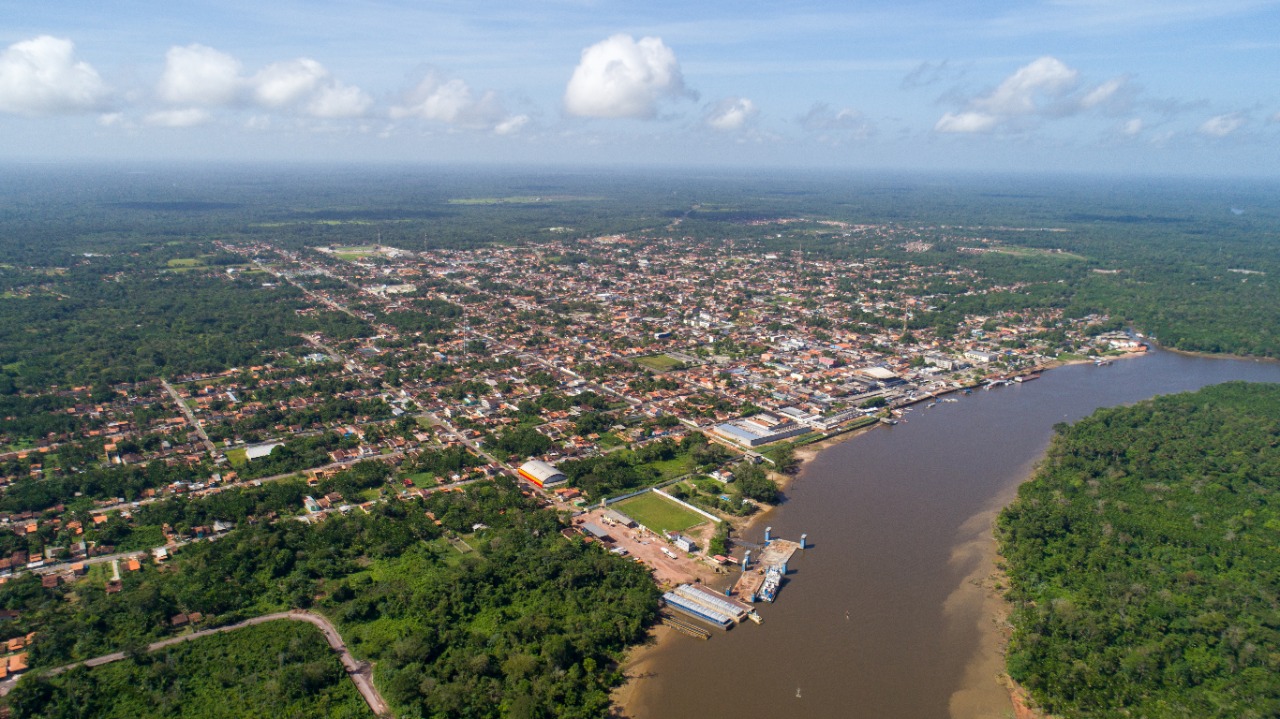
Impacts from climate change (flooding, heat stress, air and water quality, other)
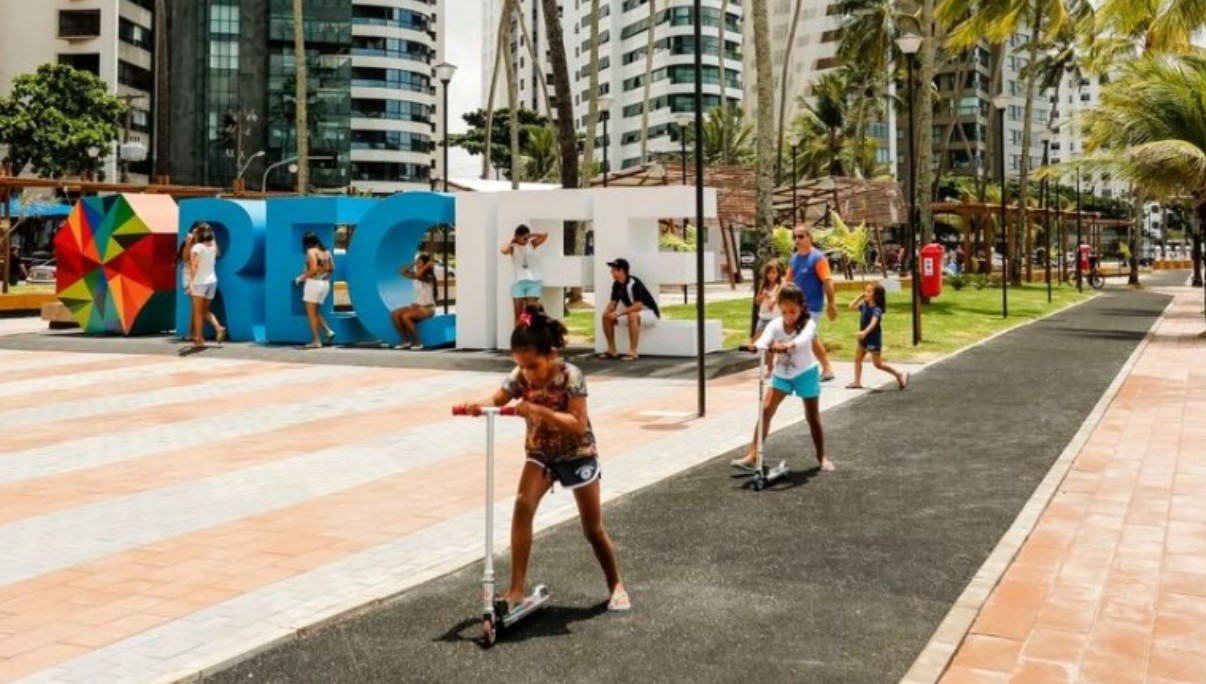
Multidisciplinary Urban Intervention, addressing all project tracks
We battle climate change impacts on urban ecosystems and health across different European climate zones.
Co-funded by the European Union.
We support city makers in implementing sustainable development goals with evidence.